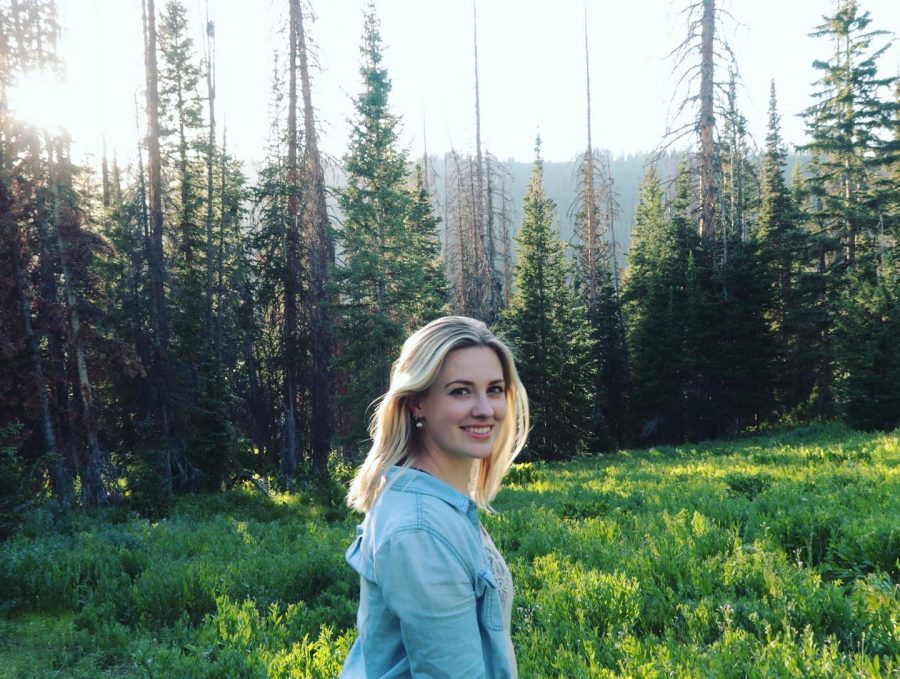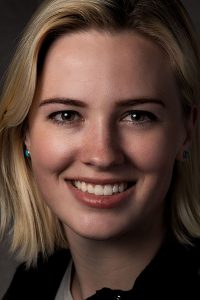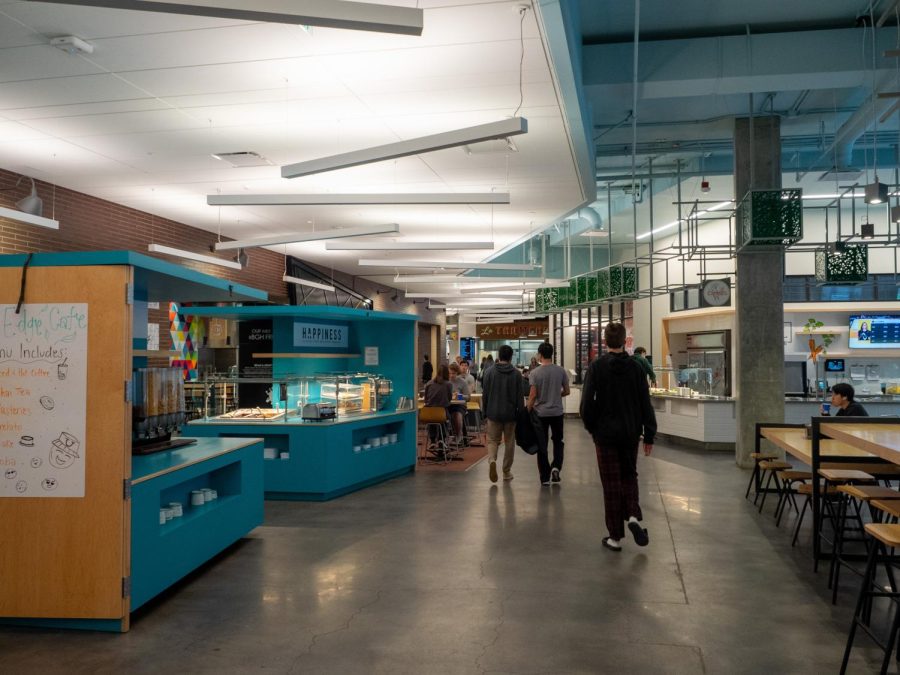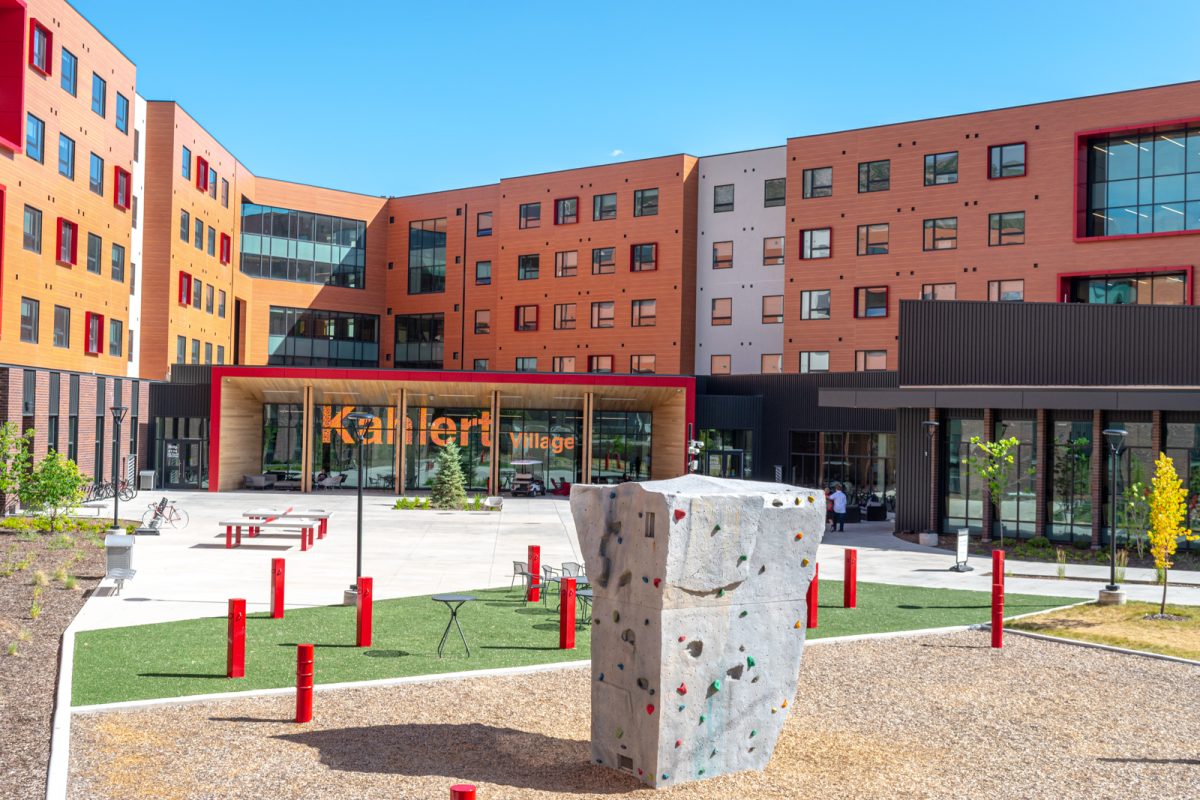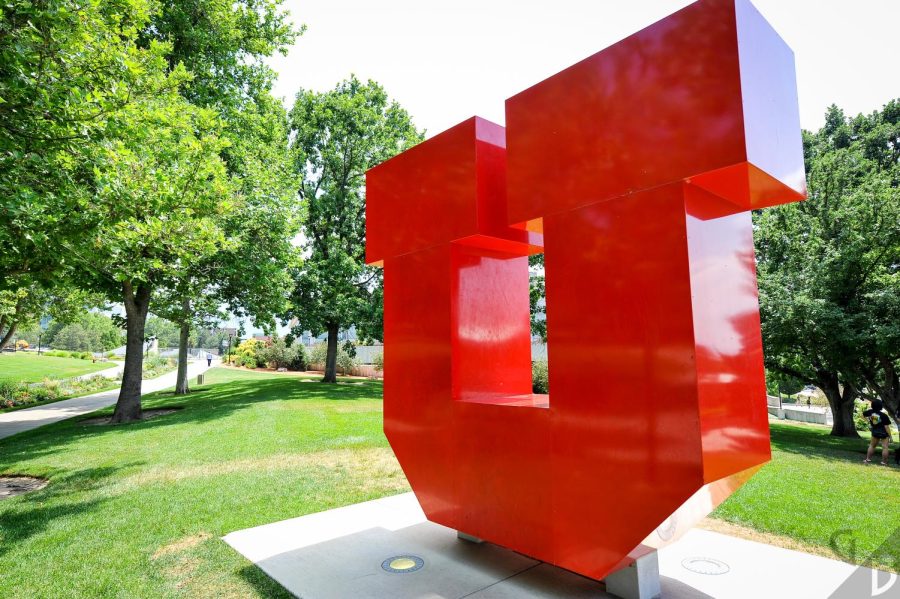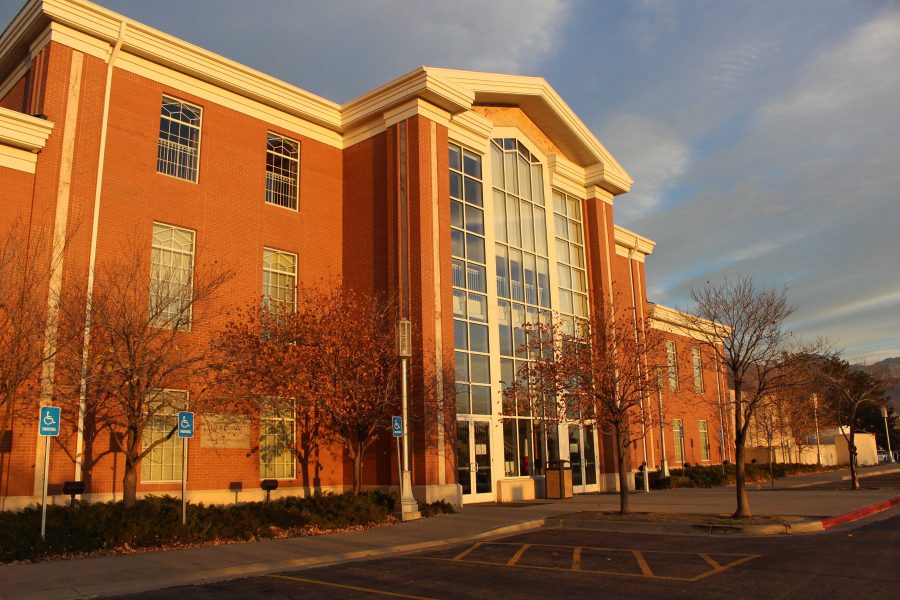Scott: Success is Great, But Don’t Forget to Be a Person
December 10, 2020
It’s weird to reflect back on my undergrad experience as someone who never thought they would go to college. I was always a good student as a child, but higher education never felt inevitable, nor was it expected of me. By the time I finished high school, I saw school as little more than a place where I went to get bullied and fail math tests. If I hadn’t had a good friend around to smack some sense into me and help me enroll in Salt Lake Community College, I probably never would have gone — and even with his help, I still dallied.
I was lucky enough to be surrounded by people who kept me in school — even during those semesters when I only took one class — and were willing to take chances on me. In the summer of 2017, one of these kind people nudged me to apply to attend a weeklong summer program hosted by the Henry Clay Center for Statesmanship for undergraduates interested in public policy and diplomacy. Despite the fact that mainstream politics were never present in my childhood, this program ignited an interest in public service that fuels me to this day.
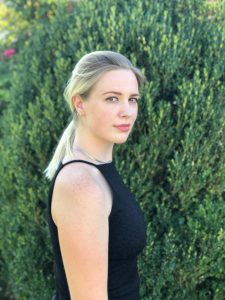
It was discovering my passion for politics that led me to declare Political Science as a second major, join the Chronicle as an Opinion writer and later editor, apply for governmental internships and volunteer on political campaigns in my spare time. I felt invigorated by this new educational environment that was stimulating and challenging. It really seemed as if things were beginning to jell. It all rose to a crescendo in 2019, a banner year in which I took part in a transformative internship with a beloved mentor, attended the Oxford Consortium for Human Rights in England and pulled together the courage to apply for the Harry S. Truman Scholarship, which I would go on to win the following spring.
The funny thing about chasing accomplishment after accomplishment is how far you can get before you realize that you might actually be running from something. I will never discredit my effort to overcome obstacles and obtain an education, but at some point, it transformed into the ugly belief that I was purifying myself through hard work, that surrendering to the grind was nothing more than the embodiment of a meditative state of mind. I had convinced myself that I didn’t need free time, friendship or fun. I slowly lost the ability to advocate for myself in my personal relationships because I figured that I was only as valuable as what I achieved, and there was always more to reach for. When the pandemic ripped away all semblance of my momentum and routine, it didn’t take long for anxiety and depression to circle me like sharks. Within two months, a friend was checking me into the hospital.
For years I felt comfortable pushing myself because I always snapped back afterward. But everything has a breaking point, and I abused myself until I was no longer able to bounce back. I wouldn’t say that I am fully recovered even now, but the ability to weave through the day-to-day motions does seem to be returning again. What will never return is my willingness to sacrifice myself on some abstract alter of prestige and self-importance. I am so grateful for every academic and professional experience I had — they, without exaggeration, changed my life — but it has been truly liberating to let go of the belief that they were necessary for me to be whole.
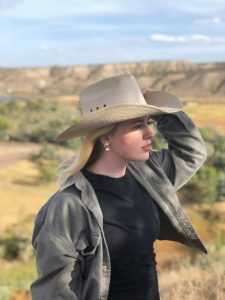
There’s some irony that the farewell message of this chronic workaholic is that we should all “slow down.” I’m not saying that you shouldn’t push yourself academically or professionally, rather that you shouldn’t use it as a means of procrastinating other important forms of personal growth. I hope my experience will help me help others, whether it’s through offering good advice or simply acknowledging that no, self-worth is not contingent on achievement and never will be.
What I’ve learned, the hard way is that we all need to be a lot gentler with ourselves. Offering yourself a moment of grace is not going to undo the grit and fervor you have been trying to cultivate. Allowing yourself to forgive and be forgiven is not the same thing as abandoning accountability. Articulating that you have needs, that you are affected by the actions of others, that you have limits, that you care, will never be a weakness.
There is this great temptation to lose oneself in one’s work. We, especially those of us interested in public service, are often told that it’s the only way to be truly great at anything and that it is often necessary for the greater good. Many of us will grow up to avoid taking sick days, miss weddings and funerals, neglect ourselves and our families, and we will wear it all as a badge of honor. But you cannot pour from an empty cup. Service that is motivated by a fear of mediocrity and a refusal to look inward will eventually ring hollow.
As with most things in life, service is centered around connections. We should never worship the grind when our true purpose is to help others and fight for a more just world, one piece at a time. Many of these battles are long, and self-awareness and love are key to sustaining ourselves through the fight. It is easy to become caught up in collecting accolades, but thankfully there is always time to revisit the core of why we do what we do.
Higher education gives us opportunities to push ourselves, and we should take them. But we should never use them to escape accountability, avoid self-interrogation or prolong healing. Seeking and solidifying a relationship with yourself is just as valid a use of time as packing your resume is. Achieving a sense of peace with the person in the mirror is difficult to attain, but a little goes a long way – the ripple effect of your strength and security will ultimately put you in a better position to breathe freely, love others and improve your little slice of the world.


